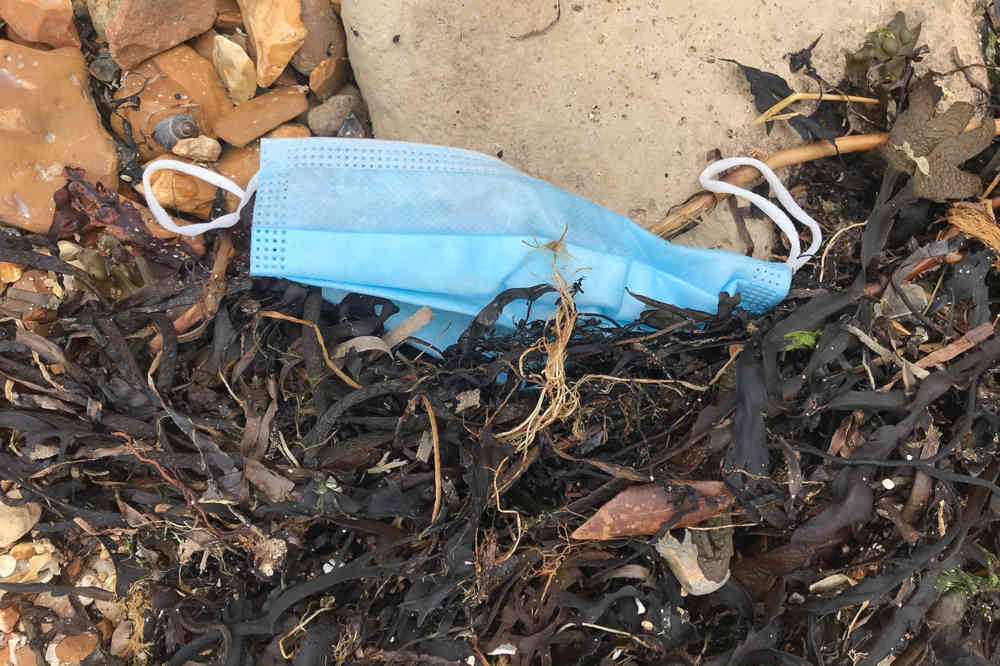
Rubbish connected to the coronavirus pandemic, including discarded surgical masks, is being increasingly left to damage the delicate environment of Sussex's shoreline.
That's according to the Sussex Wildlife Trust, whose officials say that the easing of lockdown has brought what they've called a "noticeable spike" in the amount of waste left on beaches as more visitors spend longer hours on the coast.
The Trust's staff said single-use surgical masks and plastic gloves are now being found amongst the other plastic litter, both on beaches and in our towns and cities.
Disposable masks are thought to have a lifespan of at least 450 years.
What's left behind can easily and quickly turn into a threat to marine life, as incoming tides pick it up.
On a single day in June, the trust said, 11 tonnes of rubbish was left on Brighton and Hove beaches.
Staff described it as the largest ever quantity collected in a single day, and nearly four times the summer daily average.
A particular problem is what happens to the waste when the tide comes in before beach-cleaners have had a chance to remove it: the water will wash the rubbish into the sea, where it immediately becomes a threat to marine life.
Plastic does not degrade — it simply breaks down into smaller and smaller pieces which marine animals often end up ingesting.
This can block digestive tracts, damaging internal organs and causing starvation.
Plastic pollution can also cause injury and death to marine animals through entanglement.
Brighton and Hove council has now implemented on-the-spot £150 fines for anyone ‘dropping or leaving litter’, with officers patrolling the beach from 9am to 7pm every day.
According to Ella Garrud, who's the Living Seas Officer, there are a few guidelines that, if followed, could help ease the problem.
- Try to avoid buying single use plastics as much as possible. Make simple swaps like using canvas bags, wooden toothbrushes and metal water bottles.
- If you do have to buy plastic products, try to buy things that are recyclable and then dispose of them properly. This means washing them out and making sure they go in the correct bins.
- Do a two-minute beach clean! If everyone left the beach with all their own rubbish and a few pieces of other discarded litter, the beaches would be much cleaner.
For safety, the trust strongly recommends not picking up other people’s litter with bare hands — instead wear washable gardening gloves or even bring a litter-picker.

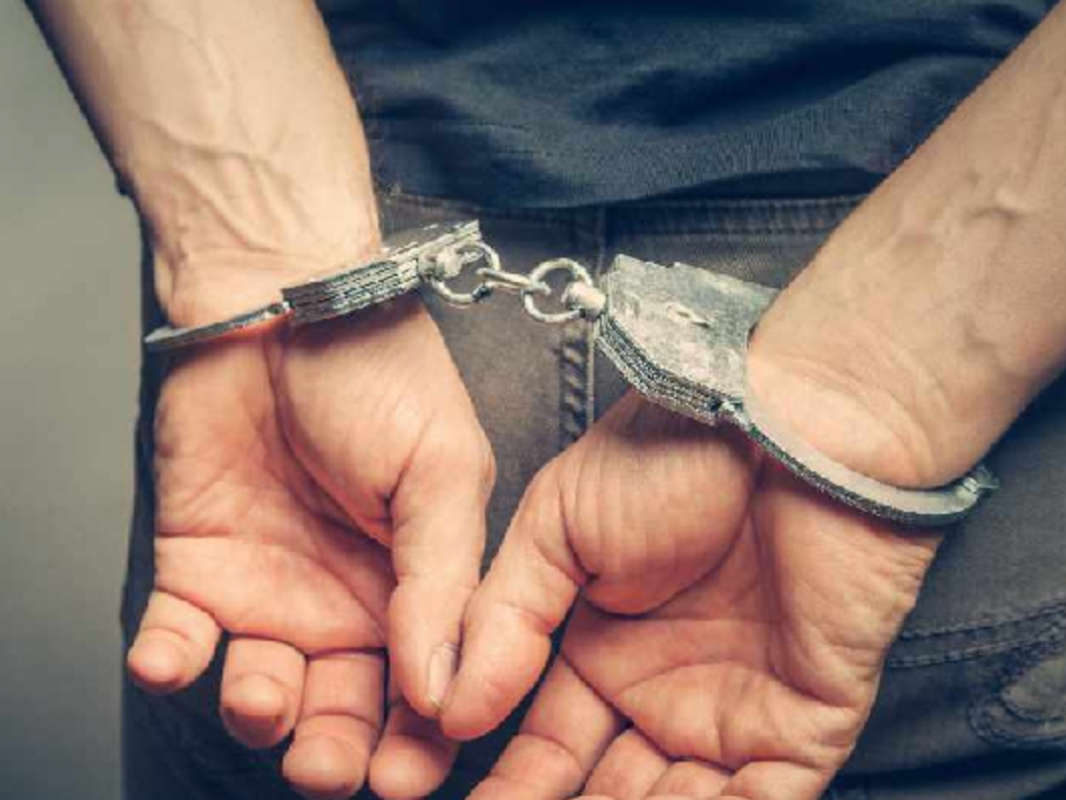 Teenager In Custody On Crawley Attempted Murder Charge
Teenager In Custody On Crawley Attempted Murder Charge
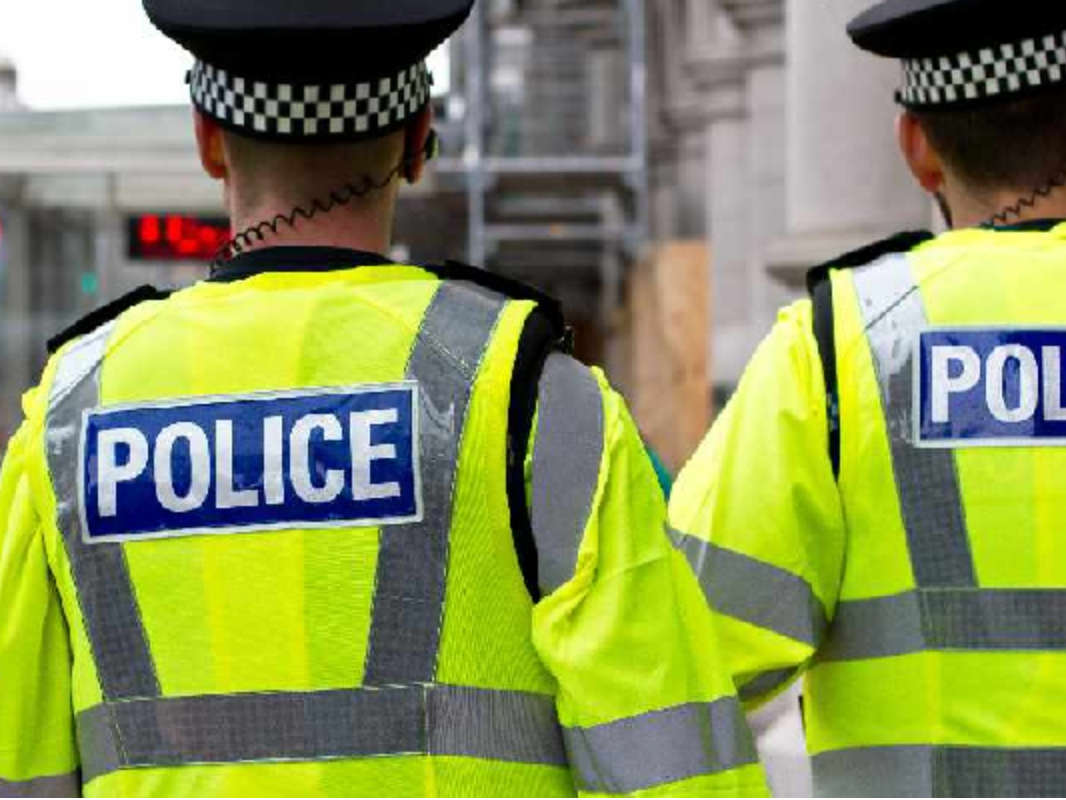 Appeal Following Assault In Hastings
Appeal Following Assault In Hastings
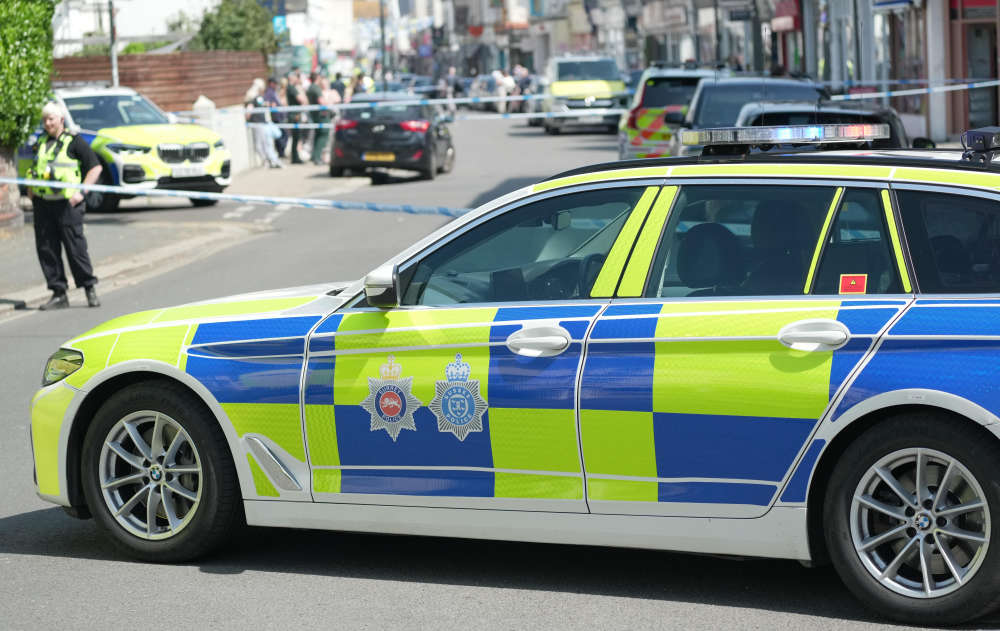 Road Closed As Armed Police Attend Incident In Worthing
Road Closed As Armed Police Attend Incident In Worthing
 Lewes District Council Placed In Planning Special Measures
Lewes District Council Placed In Planning Special Measures
 ‘Life-Changing’ Medication For Asthma Patients Now Available In Sussex
‘Life-Changing’ Medication For Asthma Patients Now Available In Sussex
 Arms Factory Demonstrator Disrupts Brighton & Hove Council Meeting
Arms Factory Demonstrator Disrupts Brighton & Hove Council Meeting
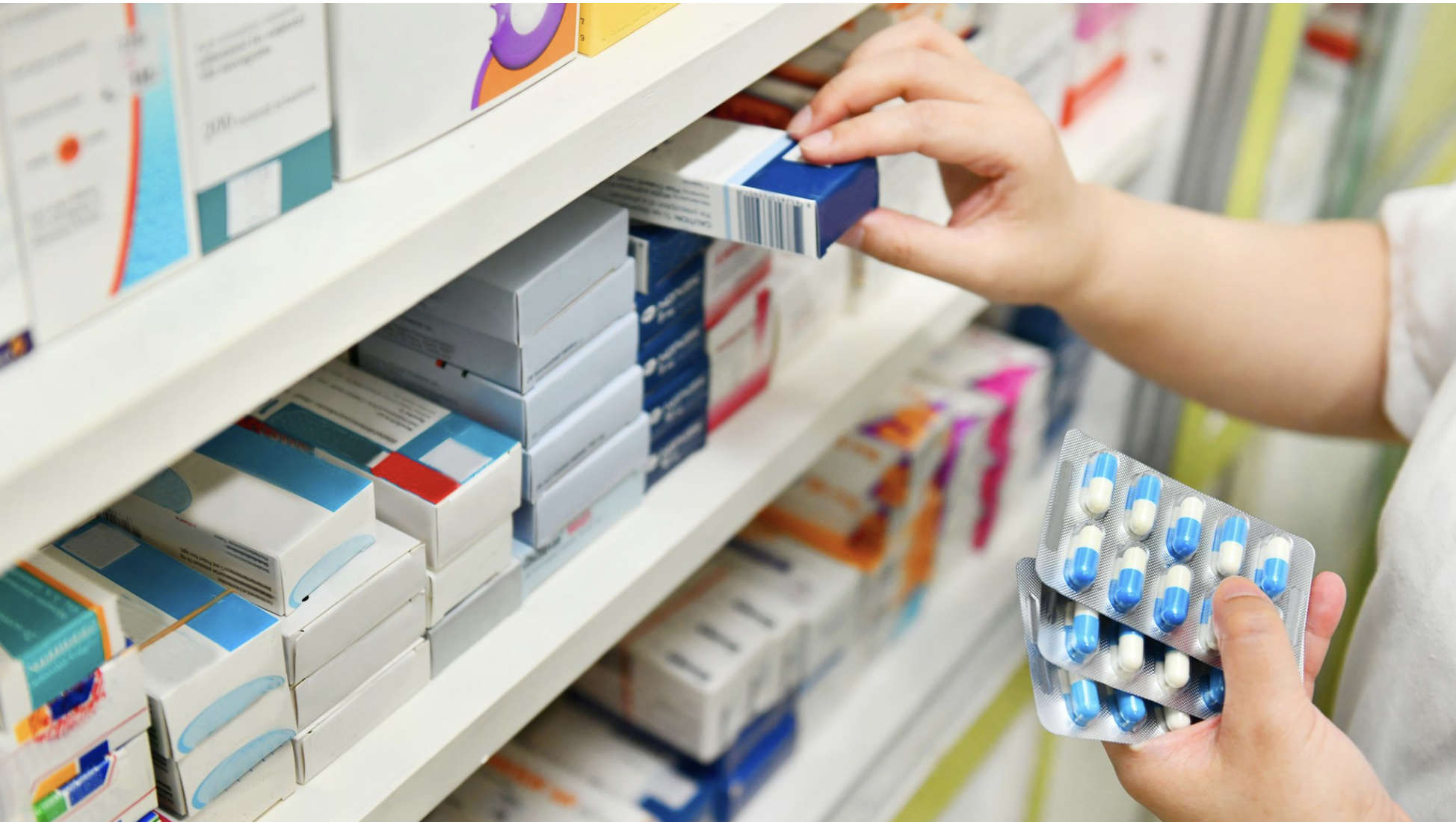 Patients Forced Into 'Pharmacy Bingo' - As Survey Says Medicine Shortages 'Beyond Critical'
Patients Forced Into 'Pharmacy Bingo' - As Survey Says Medicine Shortages 'Beyond Critical'
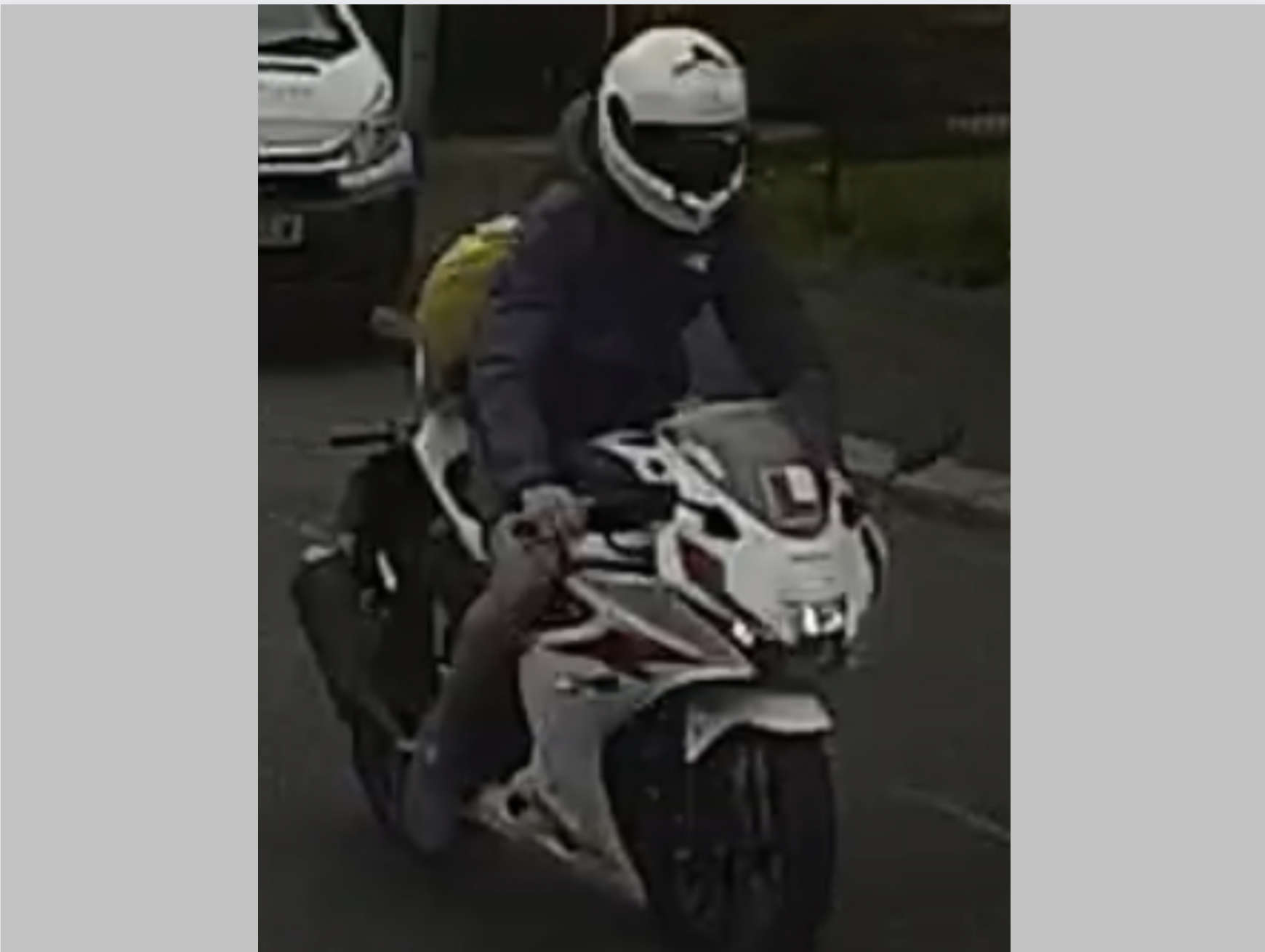 Appeal for information After Man Dies In Hastings Collision
Appeal for information After Man Dies In Hastings Collision
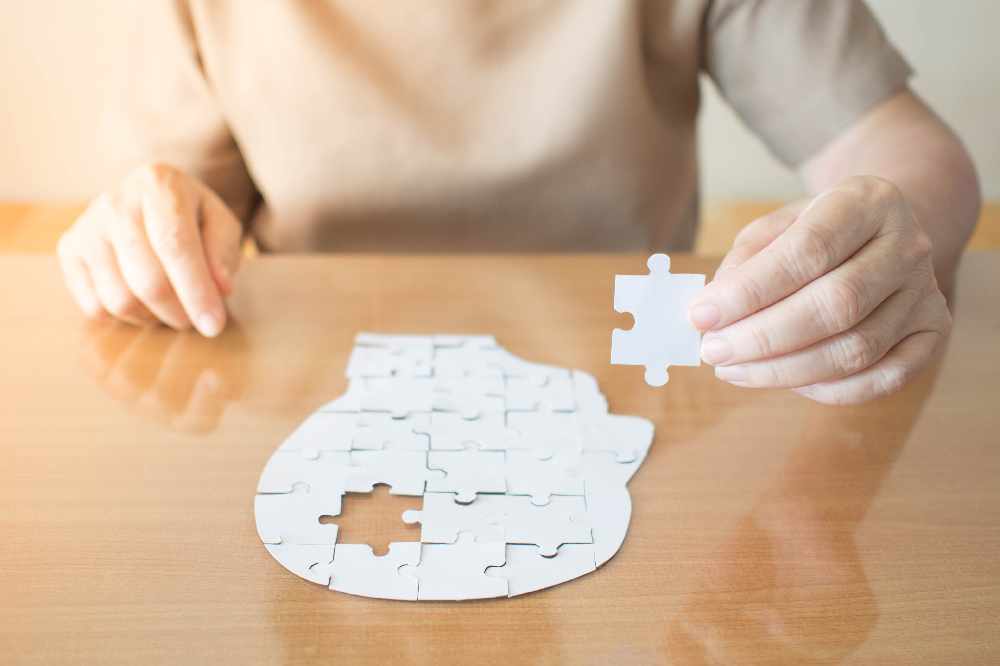 Wealden To Hold National Dementia Action Week This Month
Wealden To Hold National Dementia Action Week This Month
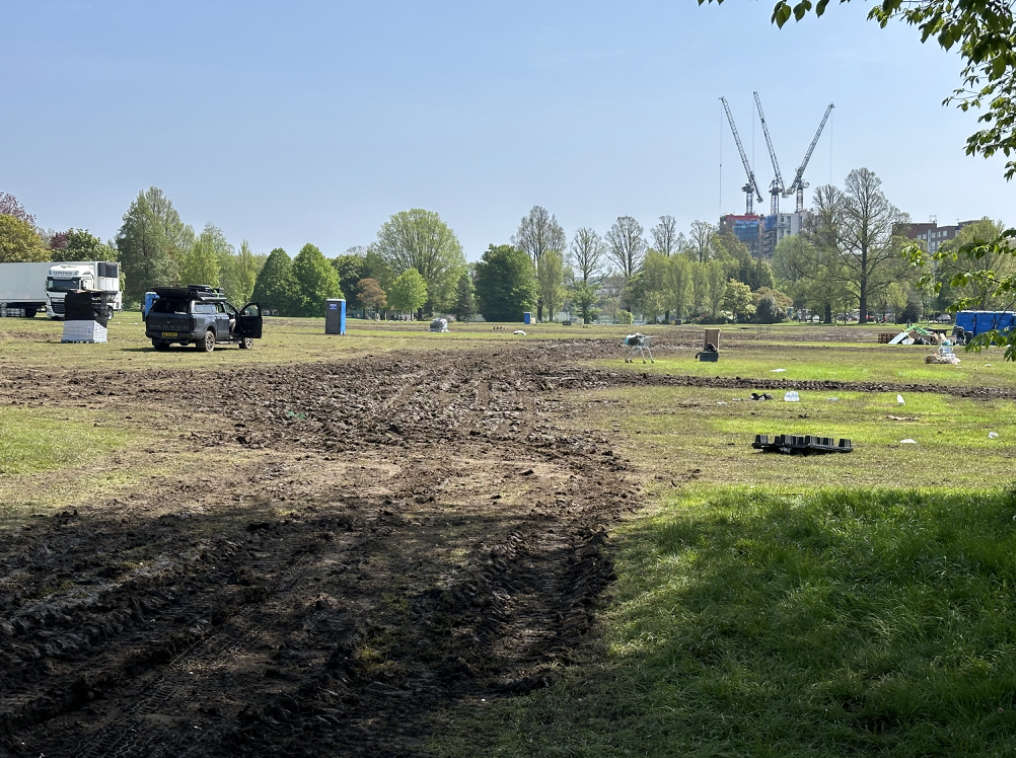 Brighton Food Festival To Be Charged For Mud Bath
Brighton Food Festival To Be Charged For Mud Bath
Comments
Add a comment